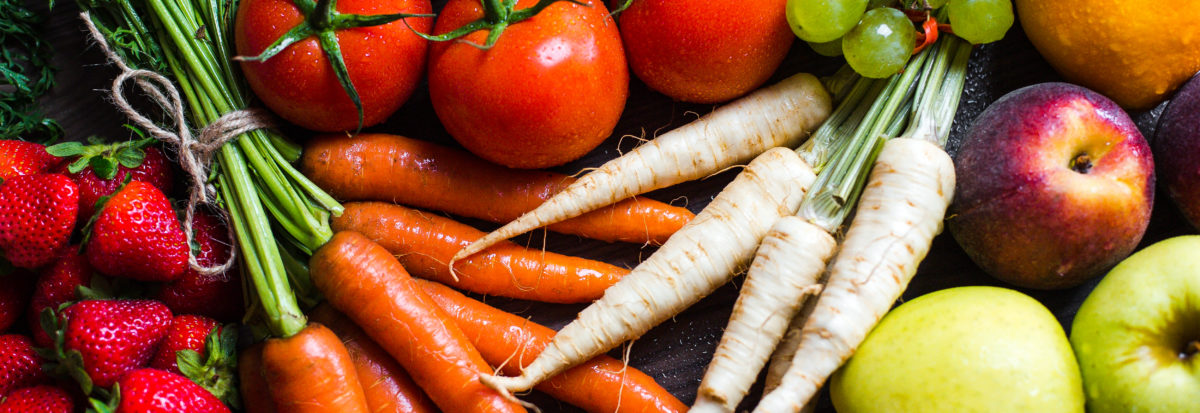What is a good diet for diverticulosis?
The goal for a good diet for diverticulosis is to reduce the risk of turning this condition into acute inflammatory diverticulitis. A more general aim is to fight against obesity, a common risk factor for diverticulosis and to increase general health through a healthy diet.
Find below the kinds of food you should eat and avoid to prevent diverticulosis or, if this medical condition has already been diagnosed, to fight against the onset of diverticulosis:
Dietary requirements for sufferers of diverticulosis
In general eating fiber-rich food and a mainly vegetarian diet is a good way of preventing diverticulosis. Though there is no official recommendation on what to eat when diverticulosis has already been diagnosed it makes sense to stick to the healthy foods listed below.
| Suitable Food | Unsuitable Food |
| various teas and water (plenty)
nuts beans, peas, and lentils seeds such as sunflower seeds whole grain food and grains (e.g. whole grain bread and noodles, amaranth, barley, oats, rice, quinoa, maize/corn, etc.) vegetables such as spinach, asparagus, broccoli, carrots, cabbage, zucchini, and aubergines fruits such as apples, pears, oranges, various berries, and grapes yogurt chicken and turkey fish |
soft drinks
fatty foods ready-made meals white bread red meat sugar large amounts of bananas |
Note that nuts and corn were once considered unsuitable for patients suffering from diverticulosis. However, in a research paper from the University of Washington School of Medicine positive effects have been ascribed to eating nuts and corn.
As noted the intake of fiber-rich food is good for preventing and probably also for dealing with diverticulosis. However, it has a detrimental effect during diverticulitis episodes! So different dietary requirements apply to this condition.
For advice on a good diet for diverticulitis please follow the link.
